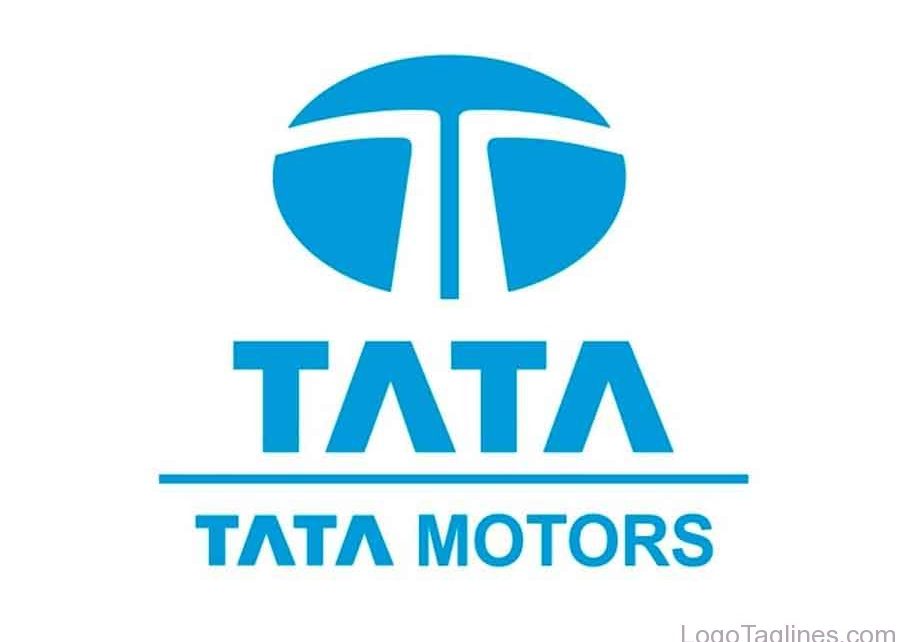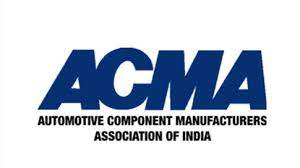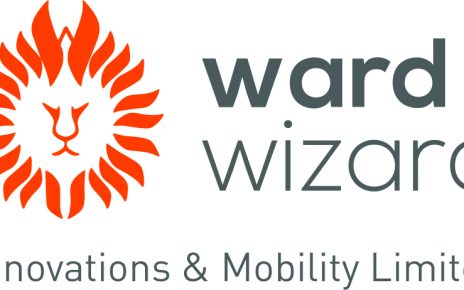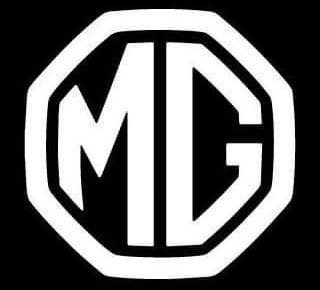Tata Motors expects second half of the current fiscal to be better in terms of performance with gradual improvement in the overall supply situation and stabilisation in commodity prices, according to company chairman N Chandrasekaran.
Addressing shareholders during the company’s 77th annual general meeting, Chandrasekaran noted that demand for the company’s vehicles across segments remained robust despite various external challenges.
“The overall supply situation, including that of semiconductors, is gradually improving and commodity prices are stabilising… Accordingly, expect performance to progressively improve through the year with the second half of FY23 being notably better than the first half,” he noted.
The demand for vehicles in each of company businesses – Jaguar Land Rover, commercial vehicles and passenger vehicles — remain strong despite ongoing geopolitical, supply and inflation concerns, Chandrasekaran stated.
He noted that the auto major is taking concerted actions to be future-ready and create a virtuous cycle of growth and returns for its shareholders.
“While the near-term outlook may be fluid with multiple challenges that I outlined above, the business is taking the right actions to navigate them, and I am confident that we will emerge stronger,” Chandrasekaran said.
He noted that the shift to sustainable mobility is irreversible and the Tata Motors Group will be amongst the leaders of green mobility, globally.
“We aim to get to net zero emissions (Scope 1, 2 and 3) by 2039 for JLR, 2040 for PVs and 2045 for CVs. A clear road map is being drawn and several actions are already underway to deliver the same,” Chandrasekaran stated.
He stated that history will record the last few years as relentless — a global pandemic that refuses to go away, record high inflation, unfortunate military conflict, rising geopolitical risks and unprecedented supply chain challenges.
Coping with this extraordinary sequence of events required care, speed and agility, he said.
Speaking about the company’s domestic business, Chandrasekaran noted that while the overall industry volumes grew by 15 per cent last fiscal, the company’s domestic business grew by 49 per cent by volumes and 11.5 per cent by revenues.
Despite the margins being impacted by supply chain issues and runaway commodity inflation, the India business ended with strong free cash flows of Rs 1,879 crore, he stated.
“We are committed to restoring the profitability of this business as it returns to competitive growth and inflation stabilises,” Chandrasekaran said.
He noted that the global shortage of semiconductors had a disproportionately adverse impact on Jaguar Land Rover’s production and sales last fiscal.
“We are making rapid progress in our plans for developing a new generation of electric vehicles with our all electric Jaguar strategy and BEV first EMA platform for new Land Rover products,” Chandrasekaran said.
The company is also working assiduously to address the supply side issues and hopeful of a gradual recovery in performance through the year, he added.



